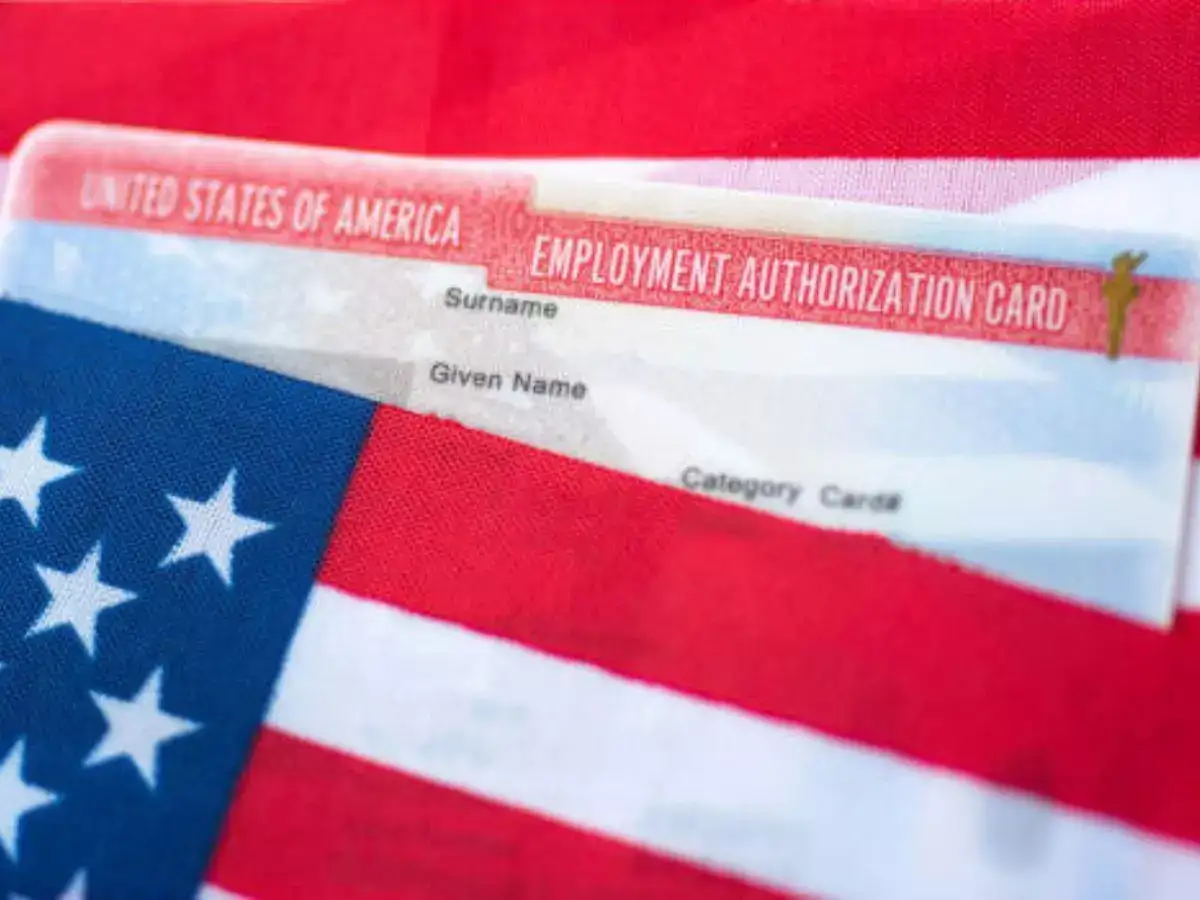Supreme Court Upholds H-4 EAD Work Authorization, Rejecting Challenge
This ruling provides crucial stability for H-1B families, ensuring continued work opportunities for H-4 spouses and reinforcing the U.S.'s appeal to global skilled talent.

Subscribe to our newsletter and stay informed about latest H1B news, policy updates and and other developments.
Article Summary
The Supreme Court declined to hear a challenge to the 2015 rule allowing H-4 visa holders, spouses of H-1B workers, to obtain work authorization in the U.S. This decision upholds the Obama-era regulation, which Save Jobs USA had argued allows foreign workers to compete with Americans. Consequently, the work authorization for H-4 dependents remains in effect.
Original Article: economictimes.indiatimes.com
[ Sentiment: positive | Tone: factual ]
This summary and analysis were generated by TheNewsPublisher's editorial AI. This content is for informational purposes only; it does not constitute legal or immigration advice.
[ Sentiment: positive | Tone: factual ]
This summary and analysis were generated by TheNewsPublisher's editorial AI. This content is for informational purposes only; it does not constitute legal or immigration advice.
TNP AI: Key Insights
This Supreme Court decision brings significant relief and certainty to over 258,000 H-4 visa holders and their H-1B spouses, ensuring continued work opportunities and mitigating potential career and financial disruptions. For U.S. employers, particularly in tech and healthcare, it stabilizes workforce planning and helps retain valuable skilled talent by supporting family units.
The ruling upholds a key Obama-era regulation that has consistently faced legal and political opposition, including a proposed repeal during the Trump administration. While this specific legal challenge is now definitively settled, the broader policy debates surrounding H-1B and H-4 visas are likely to persist, influencing future legislative and administrative immigration discussions.




